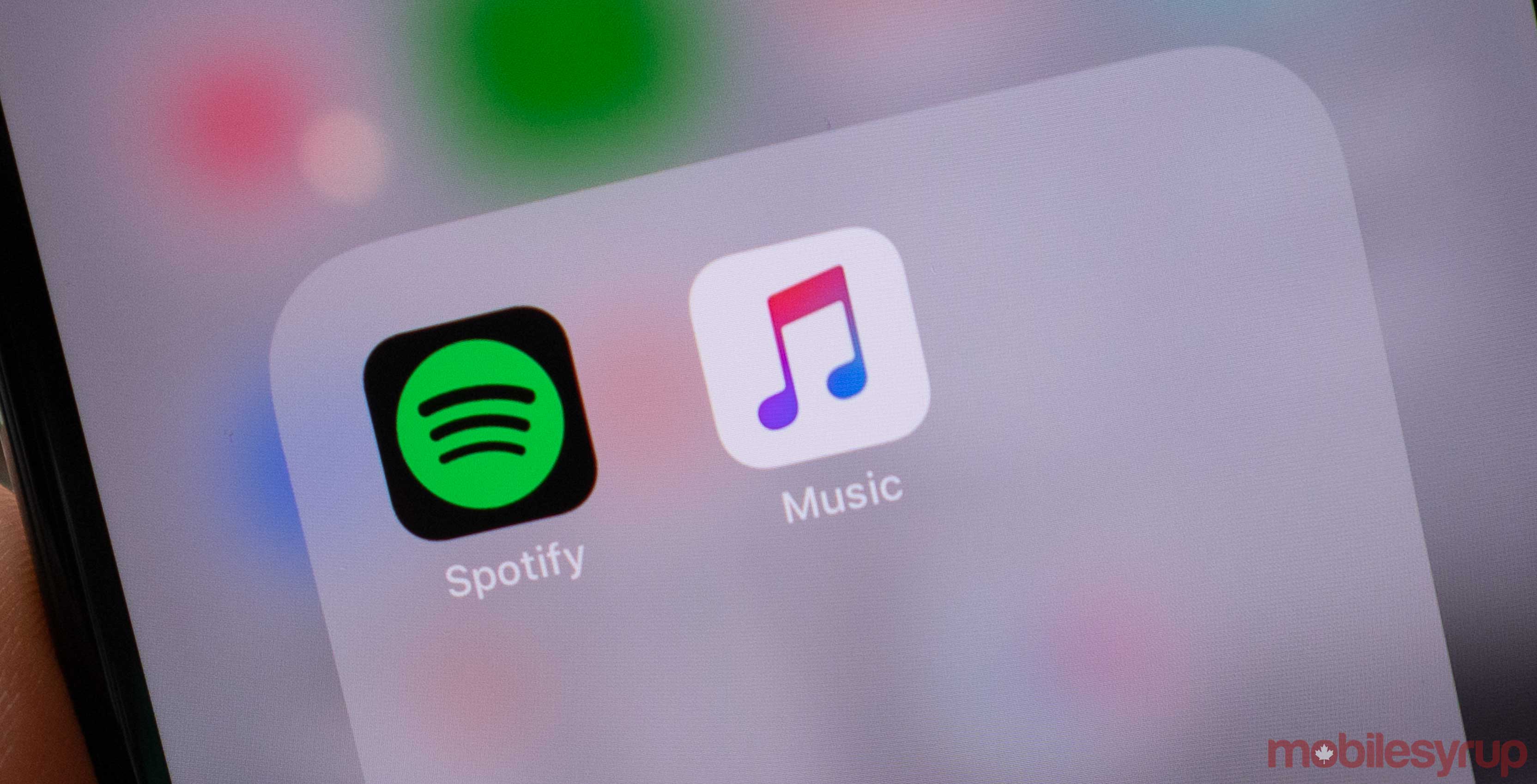
Apple has publicly responded to Spotify’s March 13th European Union antitrust complaint, calling out the service’s statements as false and misleading.
The press release outlines that Apple has been treating Spotify just like all of the other apps on its platform and takes shots at how Spotify manages musicians, songwriters and producers on its platform.
The European Commission is the arm of the European Union that deals with maintaining a competitive marketplace in the EU.
What did Spotify say?
Spotify’s key point is that Apple is able to offer users Apple Music for $9.99 a month since it owns the platform. That said, if Spotify wants similar profit margins, it would need to charge 30 percent more.
Spotify says the Cupertino, California tech giant takes 30 percent of every purchase that customers make within the App Store. While it seems easy to state that Spotify is a large company and should charge users less, it’s been fighting to become profitable for years and only turned its first profit in its fourth quarter of 2018.
During Spotify’s very public push to highlight and take down the so-called ‘Apple Tax,’ the streaming audio company also shared what it deals with in order to keep its platform in the App Store.
Spotify’s CEO Daniel Ek went as far as to say “Apple also routinely blocks our experience-enhancing upgrades. Over time, this has included locking Spotify and other competitors out of Apple services such as Siri, HomePod, and Apple Watch,” among other somewhat concerning things.
Apple’s rebuttal
Apple has now fired back with a public statement of its own. The company states that not only are these claims false and Apple treats Spotify as equal to every other app on its platform, but that consumers should not be fooled by Spotify’s seemingly good guy character. Apple highlights that Spotify complained about the 30 percent tax in its blog post, but never mentioned that after a year of a customer subscribing to a service, Apple lowers the tax to 15 percent.
The press release points out that Spotify is also trying to “squeeze” money out of musicians and labels on its platform. Further, Apple makes note that this is the same week Spotify “sued” music creators over royalties issues.
Variety has pointed out that this isn’t specifically a lawsuit against musicians, producers and songwriters, but an appeal on an existing U.S. Copyright Royalty Board ruling from last year to boost payout rates to these artists by 44 percent over the next five years. This still shows that Spotify isn’t happy about having to pay creators more.
What does this all mean?
This boils down to Spotify and Apple both being large companies that don’t have anything other than their own best interests at heart.
Spotify wants Apple Music to compete on an even playing field with Apple Music on Apple’s own platforms. Spotify alleges that since Apple owns both the App Store and Apple Music it is able to give Apple Music special treatment.
For example, when you search for Spotify in the App Store Apple Music is the first search result. Spotify also mentioned in its timeline of events leading up to it antitrust complaint that Apple sent out the same type of promotional offers that the company has blocked Spotify from pushing out in the past.
Apple isn’t at fault for pointing out that Spotify doesn’t pay artists the most. Both Tidal and Apple Music pay artists more than the Swedish company. Apple Music pays out $0.0060 USD (about $0.0080 CAD) per stream and Spotify pays out $0.0044 USD (about $0.0059 CAD), according to information is beautiful.net.
While the difference seems minuscule, artists on Apple Music need 240,000 streams to reach $1,472 USD (about $1,963 CAD), which is the site’s classification for minimum wage. On Spotify, the artist needs 366,000 streams.
Source: Spotify, Apple, Variety, Information is beautiful
MobileSyrup may earn a commission from purchases made via our links, which helps fund the journalism we provide free on our website. These links do not influence our editorial content. Support us here.


